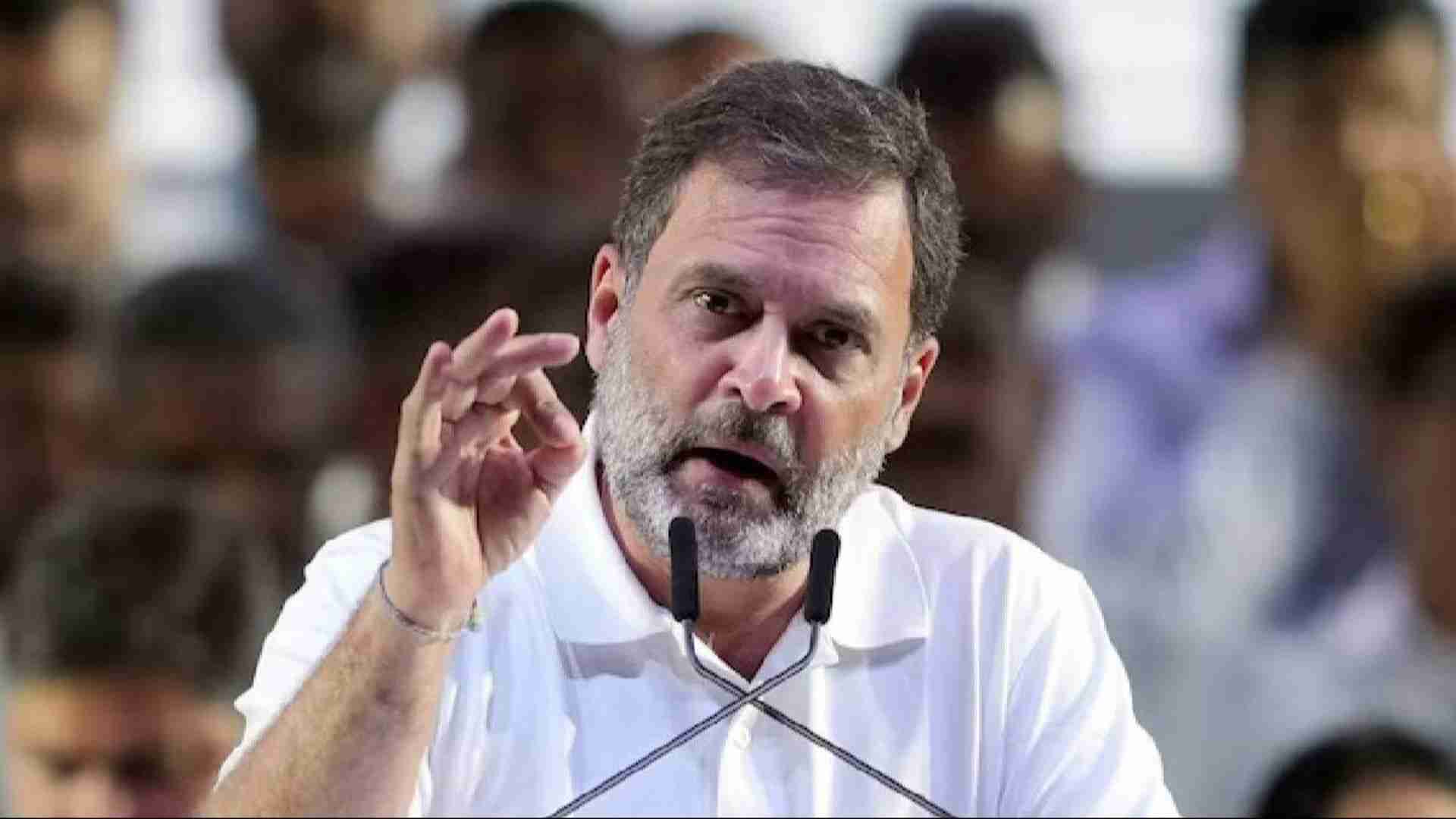
Gandhi's speech was marked by sharp language and a series of pointed accusations aimed at the Prime Minister. He alleged that Modi's leadership has failed to address pressing issues in the region and criticized the government's handling of local affairs. This confrontation underscores a growing rift between the Congress party and the BJP, particularly regarding the administration's approach to Jammu and Kashmir.
The former Congress president's statements come amid a backdrop of heightened political activity in the region. Jammu and Kashmir, which has seen fluctuating political dynamics and a complex security situation, is a focal point for national political discourse. Gandhi's visit and his rhetoric appear to be a strategic move to consolidate support and make a strong political statement.
Gandhi's attack on Modi reflects broader criticisms that have been leveled against the current administration. Analysts suggest that his approach is designed to resonate with voters who feel disillusioned with the existing government policies. By targeting Modi directly, Gandhi aims to capitalize on growing frustrations and galvanize opposition to the ruling party.
In his speech, Gandhi addressed several key issues, including economic challenges, governance failures, and security concerns. He accused Modi of failing to deliver on promises made to the people of Jammu and Kashmir, which have been pivotal in his party's electoral strategy. The Congress leader's remarks were also aimed at undermining the BJP's narrative of progress and development in the region.
The political landscape in Jammu and Kashmir has been marked by significant changes since the abrogation of Article 370 in 2019. This move, which ended the special status of the region, has been a contentious issue, with varying responses from different political factions. Gandhi's statements are part of a broader opposition effort to challenge the central government's decisions and policies.
Gandhi's rhetoric is likely to impact the political dynamics in Jammu and Kashmir. The region has been a battleground for competing narratives, and Gandhi's criticisms may influence public opinion and mobilize opposition forces. The Congress party's strategy appears to be focused on leveraging dissatisfaction with the current administration to strengthen its position in the upcoming elections.
Political observers note that Gandhi's remarks are part of a larger trend of increased scrutiny and criticism of Modi's government. The opposition's strategy involves highlighting perceived shortcomings and failures to build a case for electoral change. Gandhi's direct challenge to Modi is a reflection of this broader political strategy.
The response from the BJP to Gandhi's statements has been swift. Party leaders have dismissed the criticisms as baseless and argued that the Modi administration has made significant strides in addressing issues in Jammu and Kashmir. The BJP's counter-narrative emphasizes achievements in governance and development, aiming to neutralize the impact of Gandhi's remarks.
As the political climate in Jammu and Kashmir remains dynamic, the interplay between the Congress party and the BJP will continue to shape the region's future. Gandhi's attack on Modi highlights the deepening political divide and the high stakes involved in the ongoing electoral contest.
